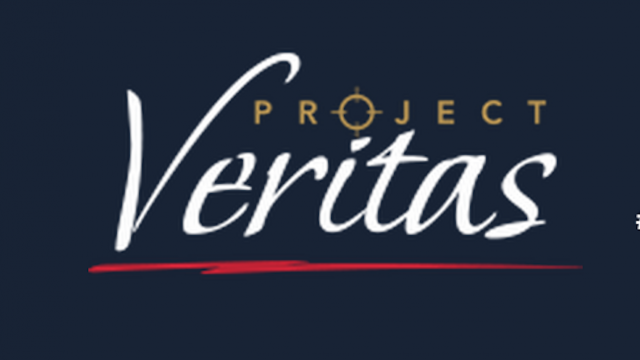
The petition also seeks to prevent any form of discrimination against those who exercise their right to say no to the experimental coronavirus (COVID-19) vaccine.
"This petition has been created as an urgent response to an almost unimaginable attempt (and bureaucratic overreach) by various parts of Ecuador's government to effectively make the COVID-19 vaccination mandatory for all. Such a measure is unacceptable on every level," the people behind the petition wrote.
They said that even those who choose to get vaccinated should still be against the "horrific precedent some governments are attempting to set," which is to make every citizen or resident accept state-mandated injections whenever they're deemed to be necessary.
According to the petitioners, the proposed direction by Ecuador's government and its related subordinates is illegal, immoral and fundamentally criminal.
Mandatory vaccination violates Ecuador's Constitution
They wrote that mandatory vaccinations are against Ecuador's Constitution at many levels, not least of which is the creation of lower-class citizens who will not be able to "legally" function, shop, travel and live normally within Ecuador. (Related: Mandatory coronavirus vaccination for care home workers in England "unnecessary, disproportionate and misguided.")
In addition, they stated that mandatory vaccinations also violate human rights, noting that the freedom of choice to accept or reject medical treatment is one of the oldest human rights. The group said a person must retain the right to personal sovereignty over the choice regarding what goes into their own body. Mandatory vaccinations also contradict the underpinning theme of the Hippocratic Oath, which is to "do no harm." The petitioners noted that hundreds of thousands of serious adverse reactions have been reported worldwide in people who were otherwise healthy and fine prior to receiving the COVID-19 vaccine.
The group also pointed out that mandatory vaccinations also go against a number of international declarations and agreements that Ecuador is a signatory of. These include the United Nations Educational, Scientific and Cultural Organization (UNESCO) 2005 Universal Declaration on Bioethics and Human Rights; the Declaration of Helsinki, the Nuremberg Code, 1966 International Covenant on Civil and Political Rights and 1966 International Covenant on Economic, Social and Cultural Rights.
"Accordingly, it is abundantly clear that the COVID-19 vaccines should be optional and never compulsory," the petitioners said.
They made it clear that they’re not questioning the right and self-determination of people who volunteered to be vaccinated or wanted to be vaccinated.
"Our objections and protests are due to the Ecuadorian government attempting to violate the rights of men, women and children who do not wish to be vaccinated, and we remind said 'authorities' that citizens can refuse proposed measures and are legally empowered to resist said measures as illegal, unconstitutional, dictatorial and fascist under the protection of article 98 of Ecuador's Constitution," the petitioners said.
"All citizens without distinction of political ideology, socio-economic or cultural condition are equal before the law as Art. 11 No. 2 mandates. Accordingly, we demand respect from the authorities for our sovereign right to refuse the vaccine and also, to not be discriminated against for making that choice."
Ecuador looking to vaccinate 9 million people in 100 days
Ecuador is in the middle of its drive to vaccinate 9 million people against the coronavirus in 100 days. This is part of recently installed President Guillermo Lasso's plan to revive the economy by battling the pandemic. The country has an adult population of around 12 million.
"All of our logistical effort will be successful once we have vaccines," Lasso said while presenting the plan. "It is urgent, and we depend on the provision of vaccines from abroad."
Ecuador began its vaccination campaign in January. But this advanced slowly under former President Lenin Moreno's administration due to logistical issues, allegations of nepotism in the allocation of shots and frequent changes of top health officials.
Lasso, a conservative ex-banker who took office on May 24, said he had also asked the United Nations to speed up the delivery of vaccines under the COVAX initiative intended to supply shots to poor countries. The World Health Organization (WHO), which is part of the UN system, oversees the program.
Ecuador's Ministry of Health has said that the country has received some 3.5 million doses so far of Pfizer, Sinovac and AstraZeneca vaccines.
Follow Immunization.news for more news and information related to coronavirus vaccines.
Sources include:
Please contact us for more information.























